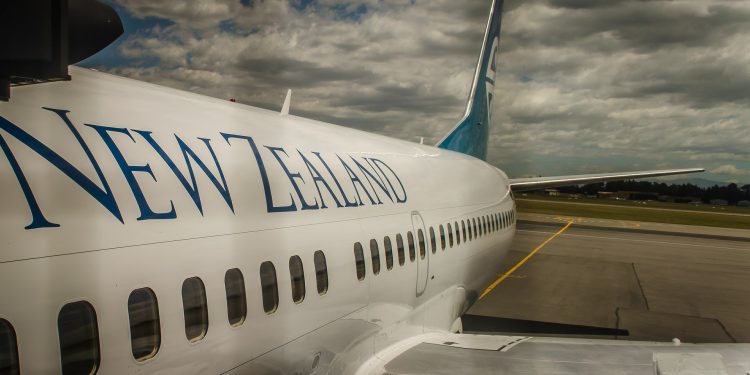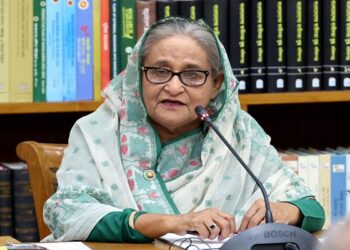Fully vaccinated foreign travellers to be allowed in at the end of April.
New Zealand has announced it will remain closed to foreign travellers for at least five more months as it gradually comes out of pandemic restrictions.
The announcement came on Wednesday from the nation’s Covid-19 Response Minister, Chris Hipkins.
“We acknowledge it’s been tough, but the end of heavily restricted travel is now in sight,” Hipkins told reporters.
He also said that New Zealanders stranded in Australia could start returning from mid-January, and those stuck elsewhere in the world could begin to return a month later.
However, the minister declared that fully vaccinated foreign nationals would be allowed to enter only after April 30.
Known for one of the world’s toughest pandemic border restrictions, New Zealand had closed international borders back in March 2020, making it compulsory for all international arrivals to go into two weeks of hotel quarantine, which was in recent weeks, cut down to one week.
Under the new rules announced today, people arriving in the country would have to self-isolate for 7 days, provided they were fully vaccinated and would have to undergo a series of Covid-19 tests thereafter.
This move has probably been made following mounting pressure from overseas New Zealanders who were unable to book hotel quarantine spots due to heavy demand. In addition, reports of Kiwis not being able to be by the side of their terminally ill relatives for lack of quarantine rooms were rife in the local media.
New Zealand has scrapped lockdowns and is in the process of revamping its domestic Covid-19 response in view of the highly contagious Delta variant that is now widespread in the community. Its earlier strategy of eliminating the virus worked up to a certain level, resulting in only 40 deaths in a population of 5 million. But the highly contagious nature of Delta has affected the feasibility of this strategy.
Dashing the hopes of many New Zealanders stranded abroad, the minister declared that opening the border for Christmas was not a realistic expectation.
“There continues to be a global pandemic, with case numbers surging in Europe and other parts of the world,” Hipkins said.
“So we need to be careful about reopening our border. That’s what we’re doing and what we’ve always done.”
He also said that from next month India, Pakistan, Indonesia, Fiji and Brazil would be struck off the list of very-high-risk countries so that their nationals would be eligible to fly to New Zealand from April 30. However, he could offer no guarantees of arrangements that would allow international students in before that time.











